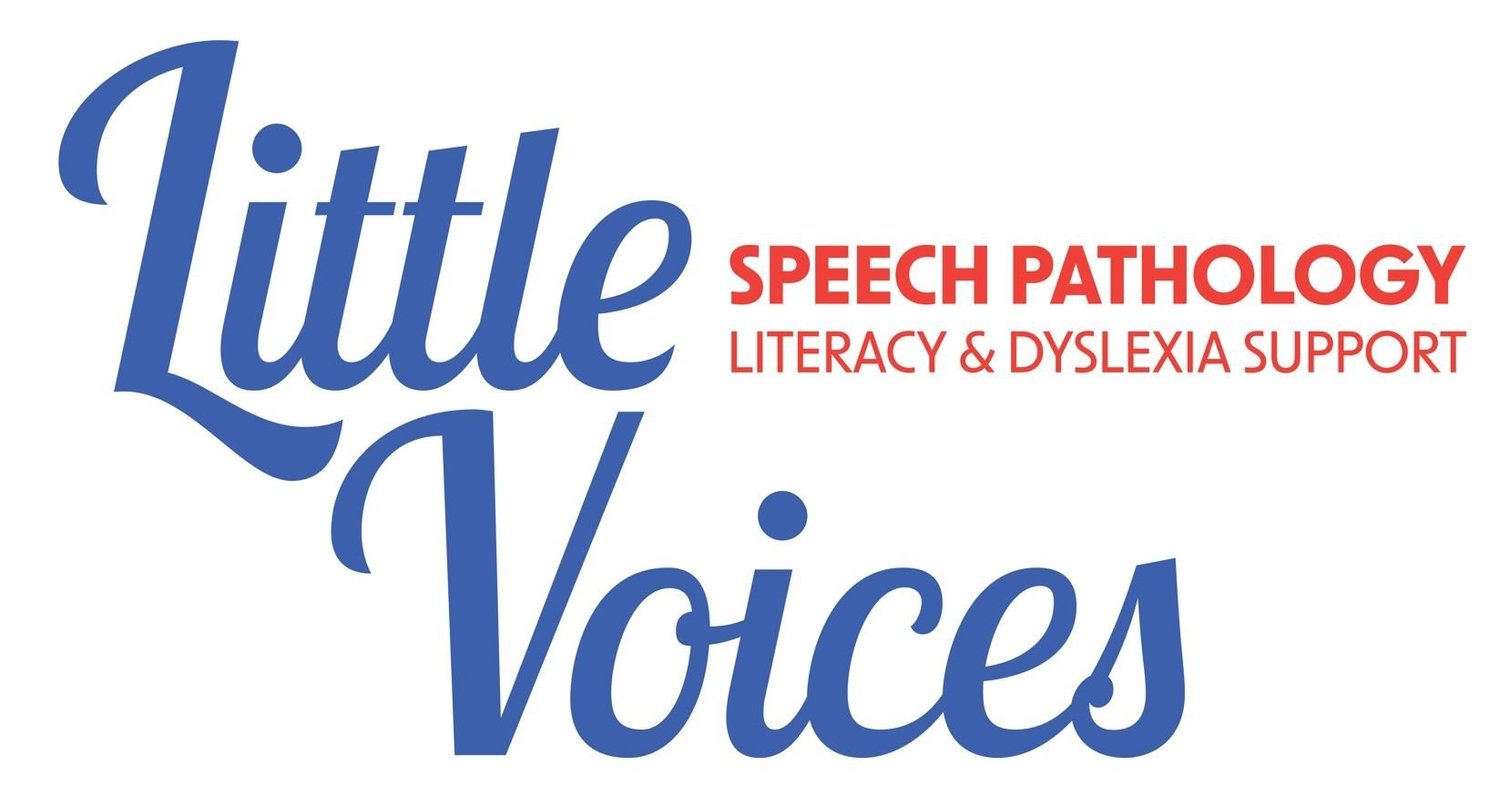A Parent’s Perspective on Navigating Dyslexia
I’m currently working on building an online course for parents, to support them through this really challenging journey of dyslexia. Part of this process has involved having conversations with parents about their challenges, for market research purposes. It’s all too often an extremely emotional discussion as they convey what they’ve been through. For many parents of children with dyslexia, the school journey is fraught with challenges that run deeper than simply finding the right academic support. It’s a struggle to be heard, to advocate, and to feel equipped in a system that often misunderstands or overlooks the complex needs of their children. One parent, we’ll call her Sally, shared her story with me, and I’d like to share it with you.
The Frustration of Being Unheard
A recurring frustration among parents is the disconnect between what they know about their child’s needs and the school’s understanding of dyslexia. Sally expressed that she felt her child’s school downplayed her daughter’s struggles, were relying on non-evidence-based approaches, and didn’t want to hear what she had learned about what her daughter needed. Sally said she wanted to feel included in decision-making and to have her insights valued—but instead, she was met with dismissiveness or even blame. The heartache of seeing her daughter unhappy and struggling in an environment that blamed them has been deeply impactful. This lack of acknowledgement from the school has not only stunted academic growth, but has also taken an emotional toll on her daughter’s self-esteem.
Struggling for Self-Worth and Emotional Well-being
It’s a very common story for parents of children with dyslexia, that as their child progresses through school, they watch their self-worth deteriorate as they continue to fall behind. Many kids with dyslexia compare themselves with their peers, often internalising the belief that they’re less capable. For Sally’s daughter, the sense of isolation was particularly pronounced, as she found herself the only girl with dyslexia in her class and saw the boys with similar struggles presenting differently. Sally reports that her daughter avoids discussing her fears and concerns, but Sally can really sense the internal struggle. By the time some children reach the upper grades, feelings of frustration and shutdown behaviours emerge, compounded by a lack of self-acceptance. Parents witness their children withdrawing, becoming more aggressive, or struggling to emotionally regulate—all signs of the deeper emotional toll that the academic struggle brings.
The Costs of Advocacy: Financial and Emotional Burdens
Supporting a child with dyslexia is not just about helping with homework; it’s an all-encompassing journey that demands time, financial investment, and emotional resilience. Sally said that she herself has poured endless hours into research, tutoring, and choosing to leave her career behind to focus on her daughter’s needs. For some families, the financial burden has meant sacrificing holidays and other essentials to afford tutoring or assessments. The emotional toll is equally significant: Sally feels the weight of balancing her own research, figuring out how best to advocate, and enduring long waiting lists for support—all while managing her daughter’s day-to-day struggles.
Dreams for a Brighter Future
Despite the hardships, Sally remains hopeful and motivated. She dreams of a world where children with dyslexia can learn confidently, develop self-worth, and embrace who they are. Her ultimate goal isn’t necessarily for her daughter to excel beyond expectations, but to find her own way, harnessing her unique strengths and learning in environments that adapt to her needs.
Sally’s vision is one where her daughter is self-assured and confident in who she is, has access to assistive technologies and accommodations that support her learning, has the same opportunities in education as her peers, and is free from the stigma often associated with dyslexia.
For Sally, it’s about more than just academic success—it’s about giving her daughter the confidence to navigate a world that often doesn’t understand her, while holding onto the hope that change is possible. I have the same dream for all children with dyslexia.


